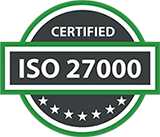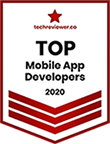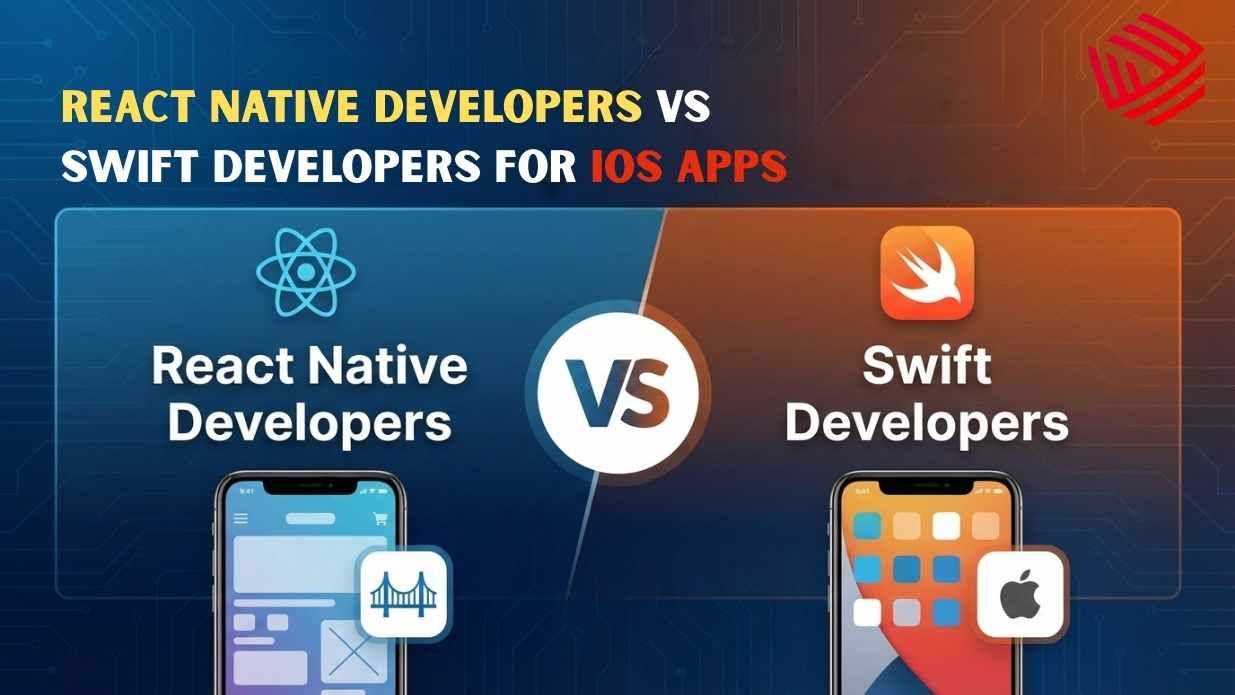
React Native Developers vs Swift Developers for iOS Apps
Choosing between React Native developers and Swift developers can shape the success of an iOS app. This guide explains real differences, use cases, costs, and long-term impact.
Cross-platform & native app experts
App store deployment support
Agile sprints with real-time updates
Post-launch maintenance included
Scalable architecture & clean code
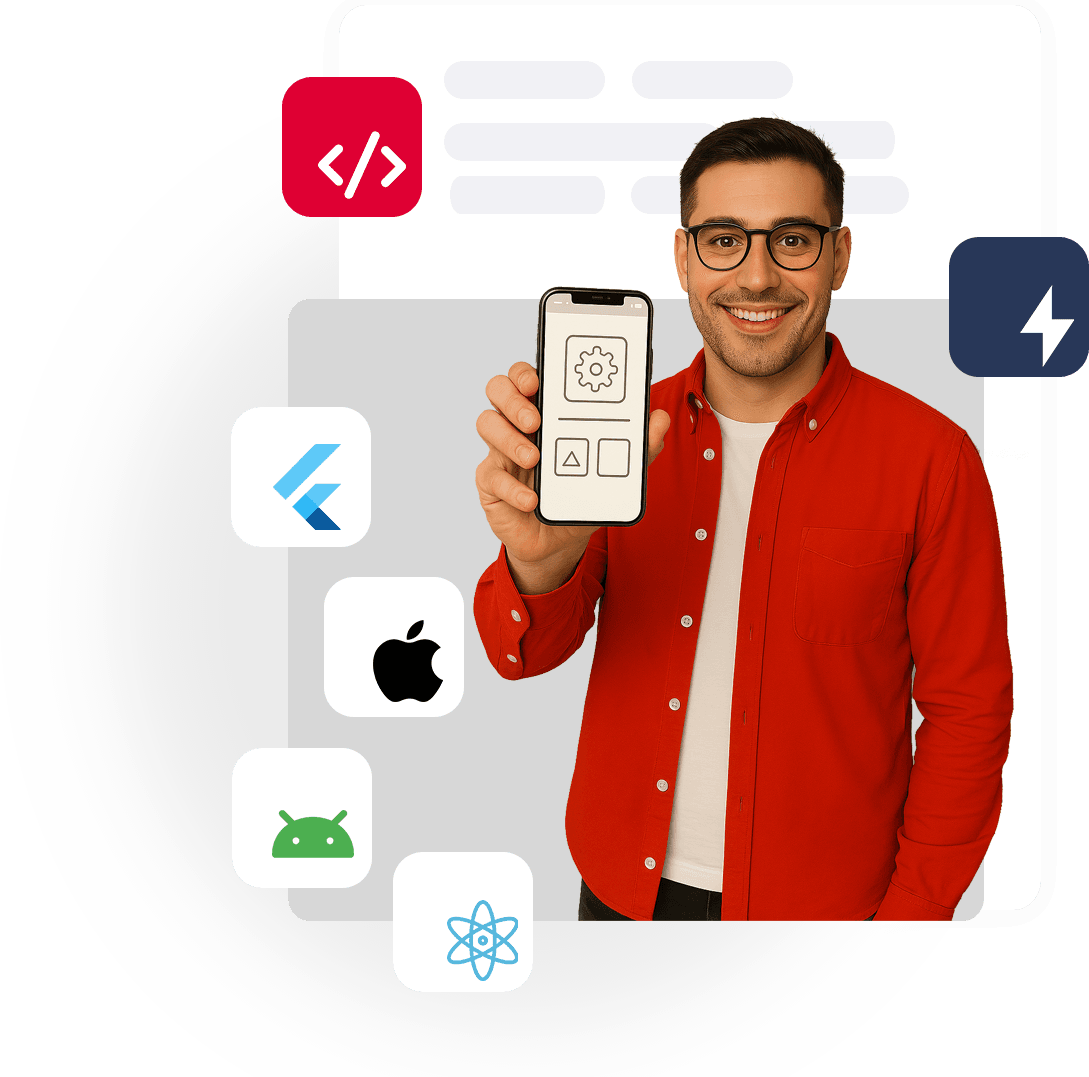
A custom mobile application offers a direct and personalized channel to connect with your audience, strengthening brand recognition and loyalty.
By delivering unique features and a seamless user experience tailored to your specific brand identity, you can stand out in a crowded marketplace and foster deeper customer engagement.
Developing mobile solutions with reliability at their core ensures consistent performance and user satisfaction, minimizing downtime and building trust.
Incorporating scalability from the outset allows your application to handle growth in users and data without compromising functionality, while a responsive design guarantees a consistent and optimized experience across various devices and screen sizes.
Build high-performance, feature-rich apps for iPhones and iPads using Swift, Objective-C, and Apple’s best practices.
Expertise in iOS & Android development
Cost-effective mobile solutions
Quick app prototyping and delivery
Efficient troubleshooting and bug fixes
Flexible development to meet business needs
Clear and transparent communication
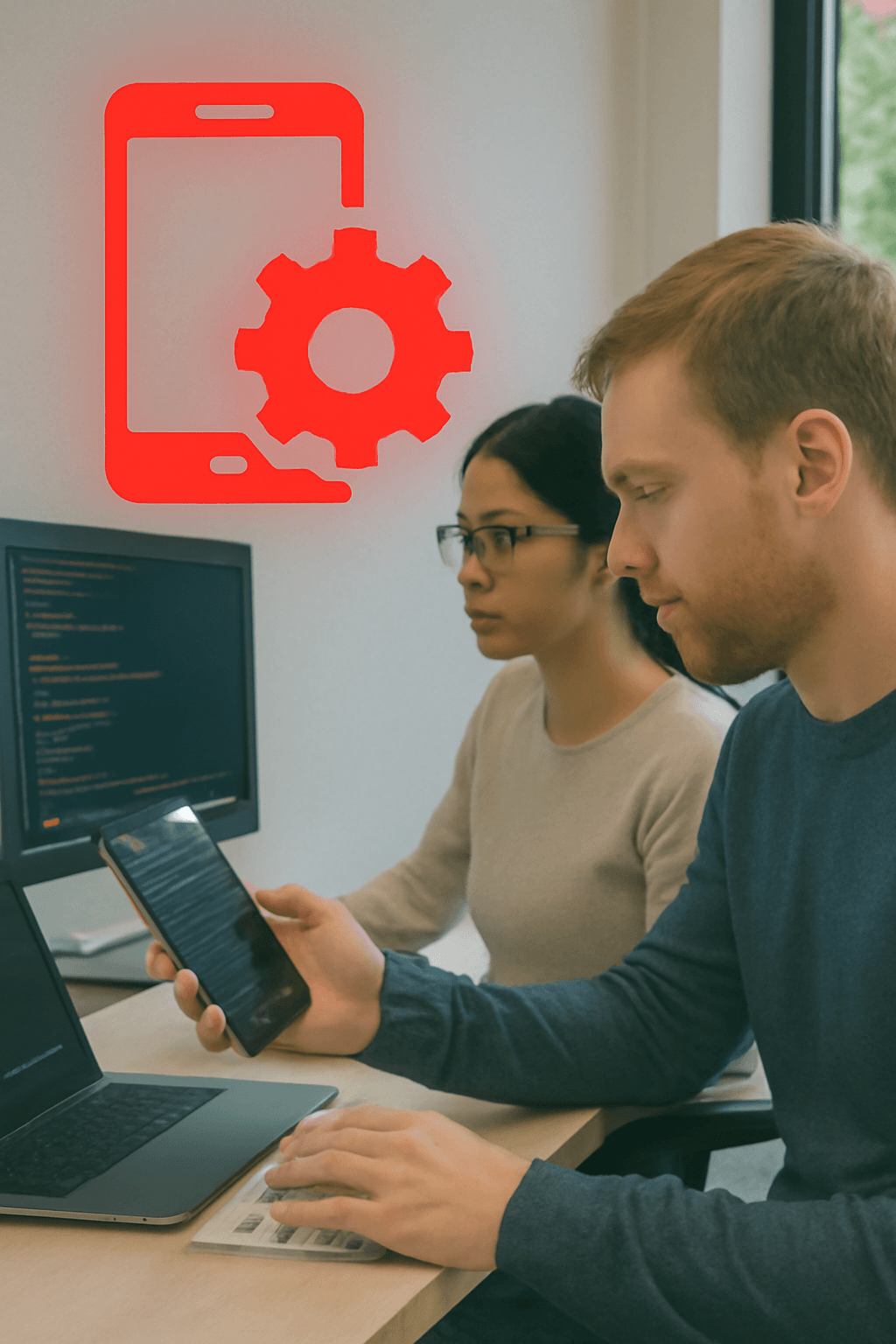
The team delivered high-quality work that met our expectations in terms of design and functionality.
Join Dappinity to work at the forefront of digital innovation, collaborating with top-tier tech talent on meaningful projects for global clients. We offer a flexible, remote-friendly work environment, competitive compensation, and clear career growth opportunities. At Dappinity, you’ll enjoy continuous learning, mentorship, and recognition in a collaborative, inclusive culture that values creativity, impact, and professional development. Elevate your career while shaping future-ready solutions with us.
Dappinity provides expert Mobile App developers offering scalable, innovative, and client-focused solutions while ensuring high quality and timely project delivery.
The dedicated Mobile App developers team at Dappinity delivers innovative, scalable, and secure solutions, ensuring seamless collaboration and future ready applications.

Tell us what you need - tech stack, experience, timelines.

We send you pre-screened developers matched to your needs.

You interview. You decide. Start in as little as 72 hours.

Easily scale up or down. We stay flexible as you grow.
When hiring mobile app developers, choosing the right engagement model ensures your app is built efficiently, within budget, and aligned with business goals:
Ideal for long-term, large-scale projects such as building a native mobile app, integrating advanced features, or developing a custom backend. Full-time developers provide dedicated focus on your app, offering better collaboration and knowledge retention.
Perfect for projects that require continuous development but with a lower commitment, such as adding minor features, updating app versions, or working on user feedback. This is ideal for smaller businesses or startups with limited budgets.
Great for specific tasks or urgent fixes such as bug resolution, adding features, or small optimizations. Hourly engagements are perfect when your app development needs are sporadic or project scope is not yet fully defined.
Best suited for defined app projects like launching an MVP (Minimum Viable Product), designing a custom feature, or building a specific functionality with clear milestones and deadlines.
Choosing the right development methodology ensures your mobile app is built efficiently and meets user expectations. Here's how different methodologies align with mobile app development:
Agile is best for mobile app projects where requirements evolve, and feedback is frequent. This methodology works well when developing apps that need continuous improvements, updates, or testing during development. With Agile, developers can iterate frequently and respond to changes in user needs.
Ideal for larger, complex mobile app projects that require a collaborative team. Scrum divides the app development process into sprints, making it easy to focus on specific features or components like UI/UX design, API integration, or performance optimization.
Waterfall works for projects with a fixed scope and well-defined requirements, like a simple app or a small MVP. It’s suitable when you have a clear vision of what the app should look like and don't expect frequent changes in the development process.
Mobile app development requires specific technologies and frameworks. Here's how mobile app developers can help align your tech stack with your business needs:
Mobile app developers can create RESTful APIs or GraphQL APIs to enable communication between the mobile app and the server-side system, ensuring seamless data exchange.
Ensuring app security is critical, and developers implement SSL/TLS encryption, OAuth, and JWT (JSON Web Tokens) for authentication to keep user data safe and prevent unauthorized access.
Maintaining high standards of code quality is vital for mobile app stability, performance, and scalability. Here’s how mobile app developers ensure quality:
Developers regularly perform code reviews to ensure best practices are followed, including secure coding techniques, adherence to style guides, and compatibility with existing frameworks.
Tools like SwiftLint (for iOS) and Checkstyle (for Android) ensure that code adheres to formatting standards and is easy to read, reducing bugs and improving collaboration.
Automating testing and deployment with tools like Jenkins, GitHub Actions, or Bitrise ensures that the app is tested, built, and deployed smoothly, with faster iterations.
Protecting your app and its intellectual property (IP) is essential for mobile app development. Here's how developers can ensure security:
Developers should sign Non-Disclosure Agreements (NDAs) to protect the confidentiality of your app idea, code, and sensitive information during development.
Use private Git repositories like GitHub, GitLab, or Bitbucket to store code. Enable features like two-factor authentication (2FA) and role-based access control to restrict access to the codebase.
Developers implement best practices like data encryption, secure storage (e.g., Keychain for iOS or Keystore for Android), and secure communication via SSL/TLS protocols to protect user data.
Make sure your contracts clearly define the ownership of the app’s source code, design, and all associated intellectual property.
Choosing between a freelancer and a dedicated mobile app developer depends on your project's complexity and scope:
Freelancers are perfect for smaller projects or tasks like prototyping, bug fixes, or minor app updates. They offer flexibility and are cost-effective for short-term engagement but may lack long-term support.
Dedicated developers are ideal for larger, ongoing projects such as building complex, scalable mobile apps or maintaining an app over the long term. They offer consistency, deep involvement in the project, and better scalability.
Whether you need a powerful native app or a cross-platform solution, Dappinity offers expert mobile developers ready to turn your vision into reality. From MVP to enterprise-grade applications, we deliver apps that engage users and scale with your business.
 Transparency
Transparency Strict Privacy Assurance with NDA
Strict Privacy Assurance with NDA Talented Team of Developers
Talented Team of Developers 12 Months Free Support
12 Months Free Support Smooth Collaboration & Reporting
Smooth Collaboration & Reporting On time Delivery, No Surprises
On time Delivery, No Surprises Efficient & Adaptive Workflow
Efficient & Adaptive WorkflowWe build mobile applications for Android, iOS, and cross-platform using Flutter, React Native, and Xamarin.
Yes. Our UI/UX designers work closely with developers to create engaging, user-friendly interfaces.
We manage the entire process, including packaging, guideline compliance, and publishing on Google Play and Apple App Store.
Yes. We provide ongoing support for updates, security patches, performance optimization, and new feature rollouts.
Absolutely. We integrate payments (Stripe, Razorpay), chats (Firebase, Twilio), maps, analytics, CRMs, and more.
You can usually onboard mobile developers within 24–48 hours, depending on your project scope.
Yes. You get complete ownership of all source code, assets, and IP upon delivery.




